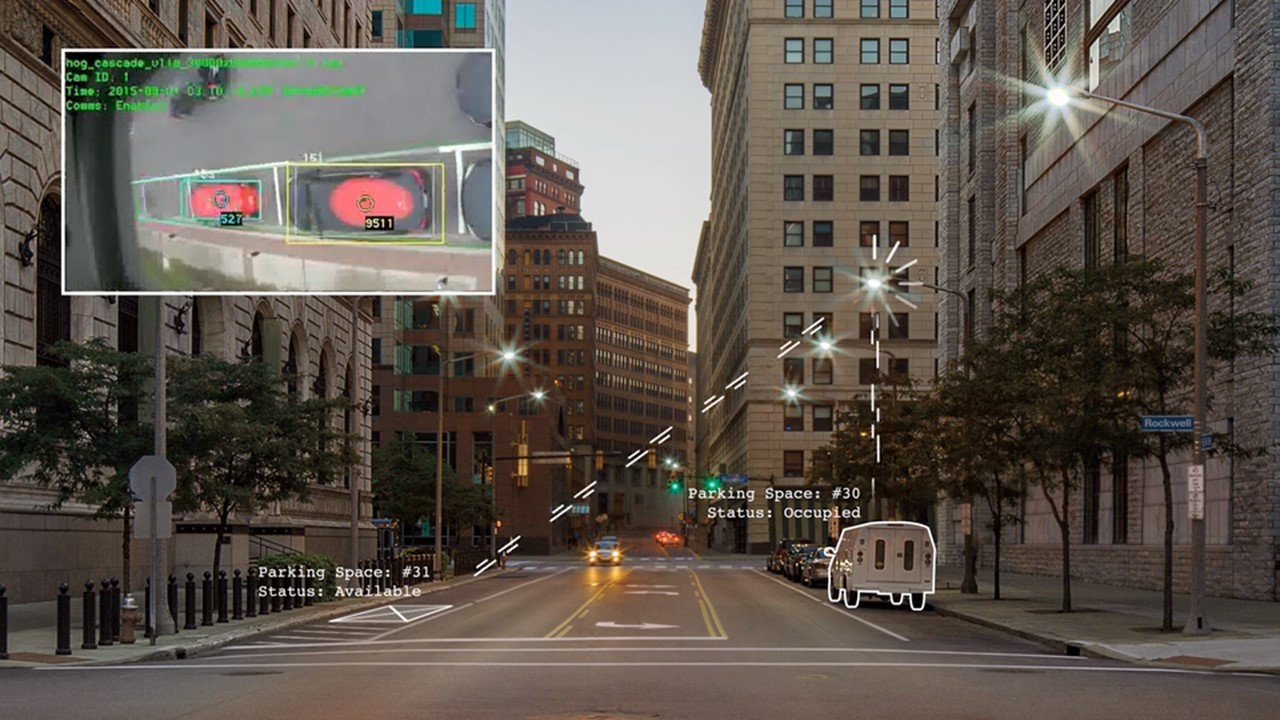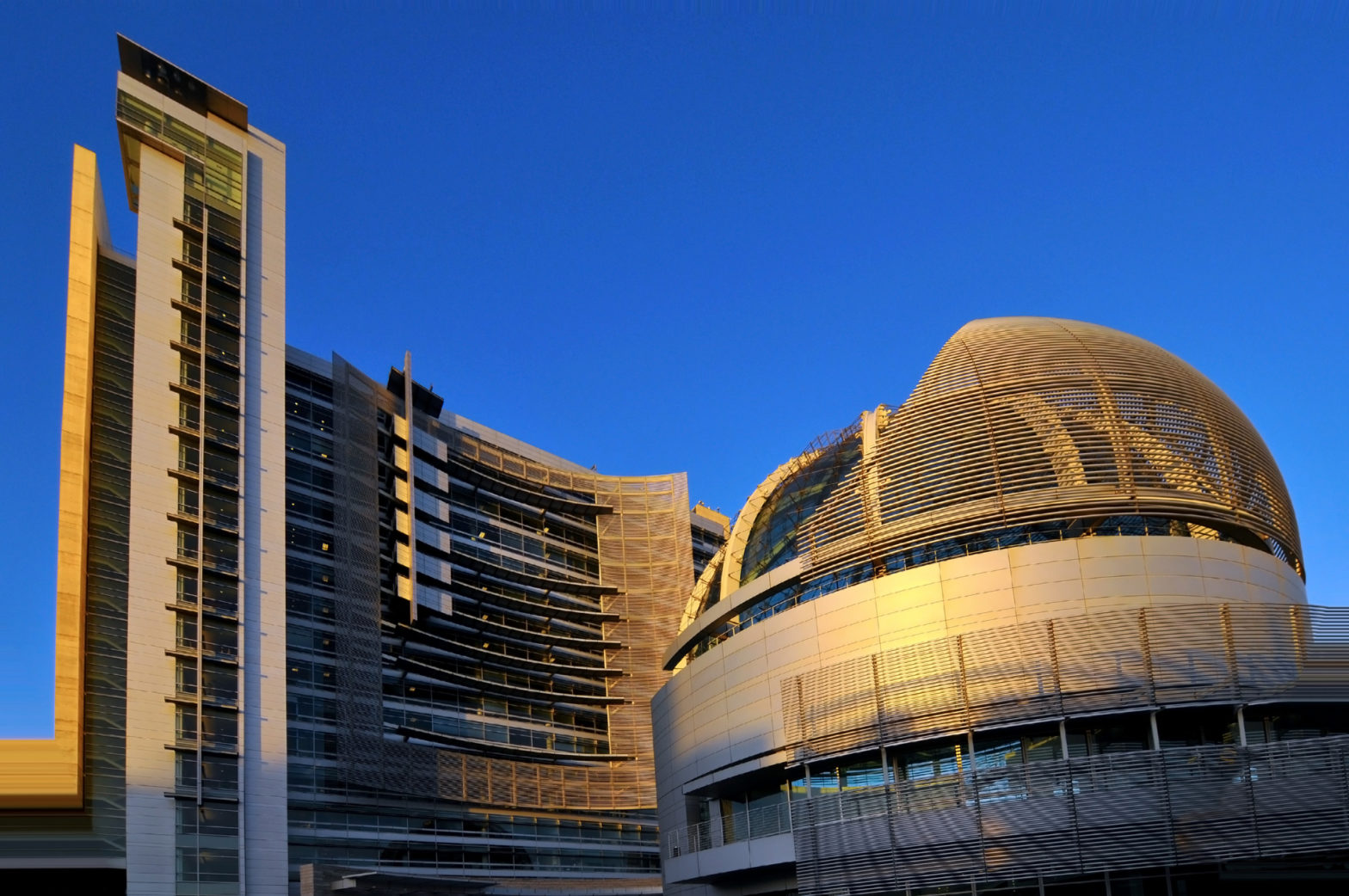
Photo: Current by GE (2018)
San Diego moves ahead with surveillance technology oversight board
06 April 2022
by Sarah Wray
San Diego City Council has approved the creation of a Privacy Board to advise on the acquisition and use of surveillance technologies.
It will comprise nine volunteer members, six of whom must be city residents, appointed by the mayor and confirmed by the council.
The creation of the board came about following San Diego’s smart streetlight programme which installed 3,000 streetlights equipped with cameras and sensors. In 2017, the programme was pitched as “the world’s largest smart city IoT platform” and a way to save money, optimise traffic and drive innovation, but later drew concerns about privacy and police accessing video footage.
In September 2020, then-Mayor Kevin Faulconer ordered the sensors and cameras to be deactivated until surveillance ordinances were in place.
Checks and balances
In November 2020, the council gave initial backing for the ordinance as well as a separate one to create rules on the acquisition and use of surveillance technology, with negotiations ongoing since. The second ordinance is expected soon.
The privacy board will also include at least one attorney or legal scholar with expertise in privacy or civil rights; a certified auditor or public accountant; a computer hardware, software or encryption security professional; and a member of an organisation or researcher that focuses on open government and transparency. At least four members must be from equity-focused organisations “serving or protecting the rights of communities and groups historically subjected to disproportionate surveillance.”
Councilmember Monica Montgomery Steppe, who has spearheaded the ordinances, said: “I want the public to know that oversight is a good thing. Technology is imperative in the way that we conduct city business but that does not mean that we get a blank cheque to do so. That does not mean that we can do so without a check and a balance, and I do see that this board is helping to provide that.”
On Twitter, San Diego Mayor Todd Gloria said the privacy board was a “huge step toward ensuring transparency and efficiency with use of technology in city operations.”
He added: “Among the equipment we’ve used – and the Privacy Advisory Board will advise on – are wildfire-warning systems in open space, wildlife trackers, traffic monitoring systems, and cameras that can help solve crimes.”
More cities are beginning to implement similar advisory boards, including Oakland which was the first to do so, Philadelphia and Syracuse.
Expertise
During the public comments section of the council meeting, Brian Hofer, Executive Director of Secure Justice and Chair of the City of Oakland’s Privacy Advisory Commission, said he had shared insights from Oakland with the Trust SD Coalition and Councilmember Montgomery Steppe.
He commented: “The privacy board will further support the overall goals of your forthcoming surveillance ordinance by creating an additional opportunity for public engagement and increase transparency. And it will provide you with ongoing subject matter expertise…as an elected official, you simply do not have time to engage [at] a meaningful level on all these new and emerging technologies you’re going to be seeing from both law enforcement and smart city applications.
“This is a great move forward and I hope San Diego really is proud to lead the way in the country.”
A decision on San Diego renewing a contract with gunshot detection technology provider ShotSpotter was delayed last summer.
During the public comments, Gary Bunyard from ShotSpotter said: “ShotSpotter is fully supportive of San Diego’s efforts to make the deployment of these technologies more transparent. We look forward to the opportunity to meet with the board to mitigate any privacy concerns and to resume the important role that we play as a public safety partner for the City of San Diego.”
Image: Matthew Henry on Unsplash








